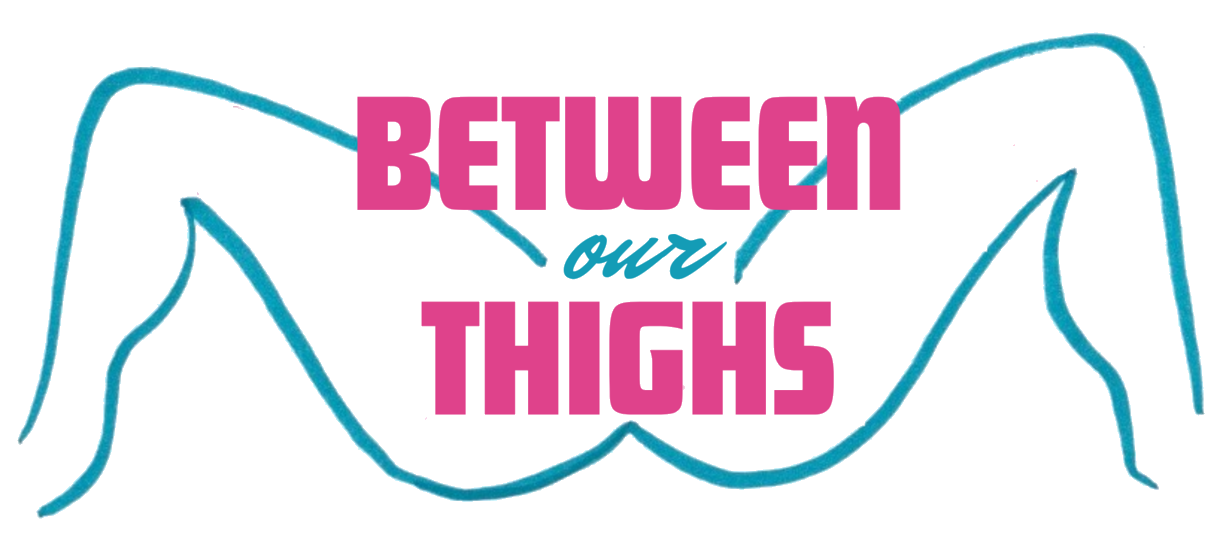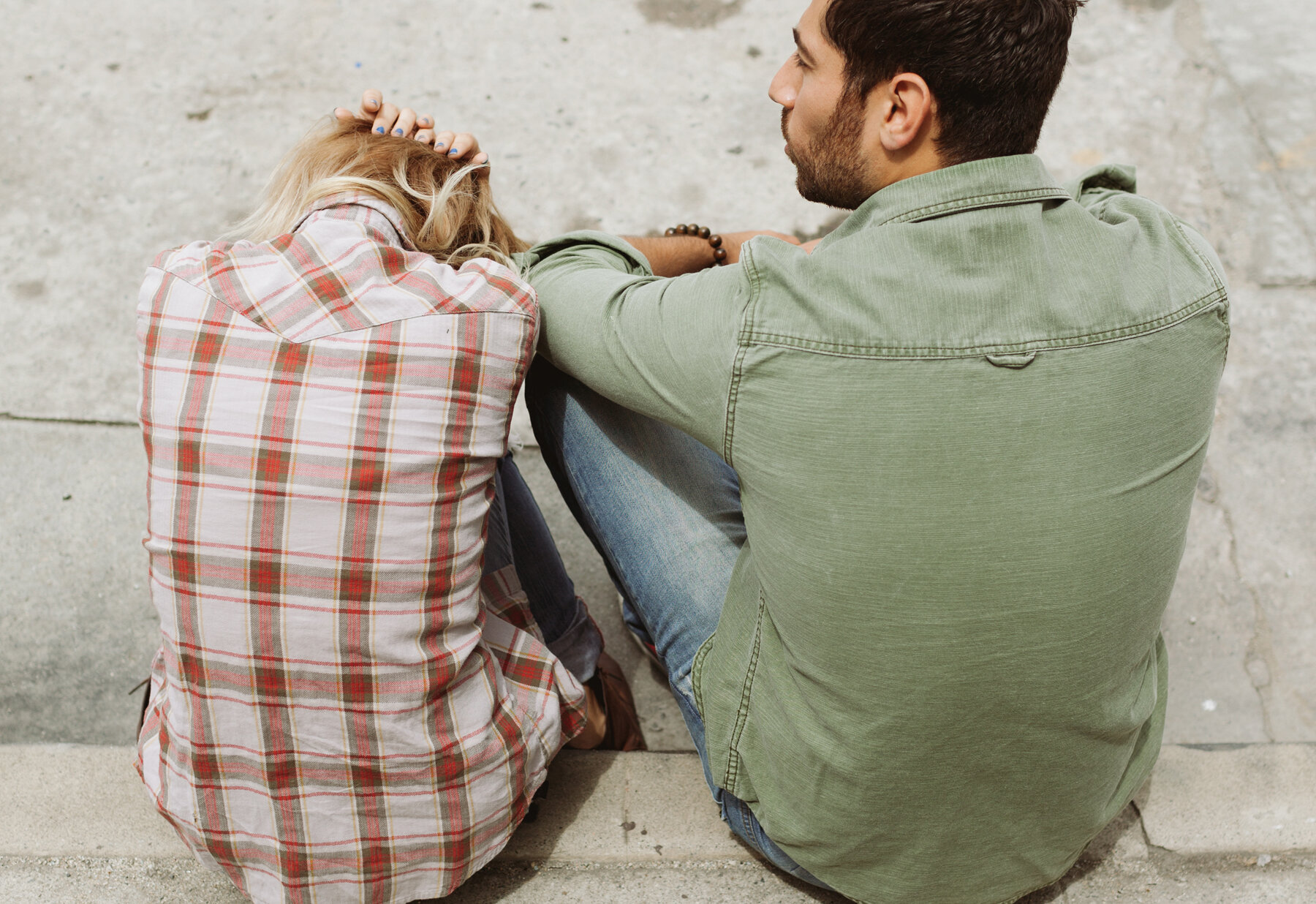How to Leave an Abusive Relationship and Seek Help
CONTENT WARNING: This article contains dialogue on partner abuse and physical and sexual assault.
*****
Domestic violence and abuse can come in many forms, revealing itself both as physical and emotionally abusive relationships. This can include physical violence, forcing you to perform or receive unwanted sexual acts, name-calling, manipulation tactics (such as guilt), and threats. But this isn’t all of the forms abuse can take — there are many combinations of possibilities, and none are justifiable.
It’s not about having better conversations with your partner, being a more obedient or forgiving significant other, or not ‘reading too much into things.’ Abuse is abuse, and it is not the survivor’s fault; rather, that of the abuser.
Unsure of how to leave an abusive relationship? We hope that today’s article can help.
Recognize the signs of partner abuse
Partner abuse comes in many different forms. When abuse is physical, it can leave behind evidence, such as violence that leaves bruises, marks, and scars on the survivor (such as hitting, punching, kicking, and biting). In some situations, there are no visible indications, but the trauma remains inexcusable. This may be forcing non-consensual sex, including making your partner perform sexual acts, including oral sex (like blowjobs or cunnilingus) and anal sex.
However, not all types of partner abuse are ‘obvious’ at first glance. Emotionally abusive tactics such as mean-spirited teasing, placing the blame for one’s mistakes on others, belittling others’ opinions, telling someone how they should feel or think about things, controlling where a person is allowed to go and who they can speak to, and withdrawing affection as a form of punishment can be subtle. Nonetheless, they are still abusive. Often, this is followed by the abuser saying that their partner is “being difficult,” is “too sensitive,” or that they are “overreacting.”
Please remember that any gender can experience abuse, and any gender can be an abuser. There is a stigma surrounding abuse that causes society to assume that male-presenting folx are the only people who can be abusive, while only female-presenting individuals are victimized. Not only does this leave all non-binary and gender non-conforming people out of the picture, but it also dismisses others who experience domestic abuse in silence.
Understand that domestic violence and abuse is not your fault
If there is one thing we want to make clear, survivors are never at fault for the abuse they have experienced or are currently experiencing.
That said, it isn’t just the abuser — but the world around us — that is also responsible for creating a sense of victim-blaming. Referring to violent men as ‘tough guys’ and violent women as ‘bad bitches.’ Labelling violence and hurtful dialogue between partners in a movie as ‘sexy’ cinematic moments, when it leads right into a steamy sex scene. Shrugging off someone’s experience with the false, cruel belief that they ‘deserve’ it because they acted in a certain way or said the wrong thing. Claiming that someone cannot experience emotional or physical abuse if they are strong-willed, intelligent, self-confident, or have a positive attitude — if they have too many socially-deemed ‘masculine’ characteristics.
While couple’s therapy can undoubtedly help a non-abusive partnership improve and lead to a better relationship, it is not a solution to abusive behaviour. It is not the survivor’s responsibility to become more in-line with the personality and behavioural patterns expected of their abuser. In situations such as these, it is best to leave the relationship and seek counselling for your healing (more on that in a bit). Likewise, if they choose, they can seek counselling for shifting their violent and belittling mentality once you are no longer romantically involved.
Make the decision to leave the relationship
Understandably, breaking up with someone you love is difficult; though partners can act in an abusive way, this does not change the fact that many of their survivors love them, nonetheless. It’s nothing to be ashamed of! However, it is something that can be overcome with time.
Before deciding to leave emotional abuse or physical abuse, many people realize a few things.
First, they cannot help their abuser, despite being made to feel responsible for their partner’s well-being. Second, their significant other is not going to change. Chances are, the abuse will continue, as abusers typically have deep-seated emotional and psychological problems that go unaddressed. Again, this is not the survivor’s responsibility to ‘fix.’ Third, staying in the abusive relationship will be worse than (safely) leaving. With a thought-out plan, escaping is always the better option.
Decide on a plan to get out safely
You understand why to leave a physical or emotionally abusive relationship, but you must also determine how to leave the relationship. If you have children that you are responsible for, it’s essential to consider how you will get them out too, when you leave. If you are pregnant, consider the legal action you can take to protect yourself and your child once they are born.
That said, legal action, if needed, can be taken whether you have a child or not. Recording phone calls and downloading text messages with your abuser, taking photo documents of physical marks they have left on you, and writing down the dates and times of incidents can be incredibly useful when seeking legal assistance.
When it comes to escaping the person, especially when you share a home or they are keeping close tabs on you, a more elaborate plan than just moving and changing your phone number, usernames, and passwords might be necessary. Formulate an escape plan: keep clothing and toiletries at the home of a trusted person, have your car keys or bus pass easily accessible, and memorize a list of emergency contacts you can reach out to. Having a safe word that these people are aware of is also advised, in case you need to reach out to them while your abuser is present, for them to safely call the police on your behalf.
If you are concerned about financially supporting yourself after leaving the relationship, you can seek out the assistance of support groups for survivors of domestic violence, local and federal employment programs, opportunities for continuing education, and financial assistance.
Take time to care for and heal yourself
Once you leave an abusive situation, things don’t always feel better immediately. Recovery is a process that everyone experiences differently. While love and mental health can be deeply intertwined, parting ways with your abuser means that the detrimental effects your relationship had on your psychological well-being can begin to shift. The focus on love can now become that of self-love.
This is the time to centre your energy on healing yourself. You can begin seeing a therapist regularly, if possible, take yourself on self-dates to get to know yourself better, and spend time doing more of the things you love. These are often simple things that you were deprived of by the abuser to keep you unhappy, passive, and reliant on them for a sense of fulfillment.
Remember that seeking a new relationship, even if only for sexual satisfaction, is not always beneficial. Sometimes, a self-induced dry spell is necessary so that you can use this time to heal and grow as an individual, without relying on another. You can still use this time to get to know your own body better, though! After all, masturbation is good for you.
If you decide to stay, here are some options
Not everyone experiencing domestic violence and abuse will be comfortable leaving the relationship right away, and that’s okay. The process is different for everyone, and what matters most is making yourself aware of your options, building a support system, and having a plan in place to safely leave when the time comes. In the meantime, here are some tips that you may want to consider:
If able to do so privately, speak to a therapist or counsellor about your situation. They can provide you with the emotional support you need during these difficult times.
Reach out to a trained domestic violence advocate, or ask someone you trust to get in contact with such a person on your behalf.
Practise self-love. Remind yourself that this is no fault of your own, that you are not to blame. Whenever (and if safely) possible, do kind things for yourself, such as taking a warm bath, listening to your emotions, and taking part in your favourite hobbies.
Remember that it is your right to leave emotional abuse and physical abuse. You do not deserve this treatment, and there is a way out. This will not last forever.
What if someone I know is struggling to leave an abusive relationship?
Perhaps you’ve stumbled upon our post and are reading through it today because you have someone in your life, someone who you care about deeply, who is experiencing a physically and emotionally abusive relationship. While you may want desperately to pull them out of it and bring them into safety, it is not others’ responsibility — nor do we have the right — to dictate what our loved ones do with their lives. This does not mean that we have to abandon them, but rather, we must understand that we cannot force the survivor(s) in our lives to decide to leave their abusers.
Things you can do include:
Let the survivor know that you believe them, that you hear what they are saying, and that you are there for them. If you feel comfortable, ask what you can do to help.
Share your concerns about their situation with them, during a time when they are away from their partner.
Letting them know that you can be part of their aforementioned escape plan.
That you can research addresses of shelters they can stay at, if they cannot do so safely from their own devices and do not wish to stay with a trusted friend or family member.
As a side note, if someone you care about has been talking about their involvement in consensual sexual acts like BDSM or role-playing, you may not have to ring the alarm bells. Before assuming that these are abuse situations, we recommend that you do some research to gain a deeper understanding of how these kinks and fetishes arouse certain people and are not necessarily dangerous or life-threatening.
Though it can be challenging to accept and acknowledge, it’s crucial to leave emotional abuse and physical abuse. Coming to terms with the fact that it could happen to anyone and has nothing to do with the abused as a person — but rather, the abuser — is vital. If there is one thing we hope we can impart today, it’s that abuse is never the fault of the survivor. No one should face such unnecessary violence, emotional trauma, and unrest in their lives.
There is always a way out of it. There is always hope, there are always resources. When the decision is made to leave domestic violence and abuse, it can be done.
If someone asked you, what would be your advice on how to leave an abusive relationship? Why do you think partner abuse can be taboo to discuss, when it affects so many people? Let us know your thoughts in the comments below.






